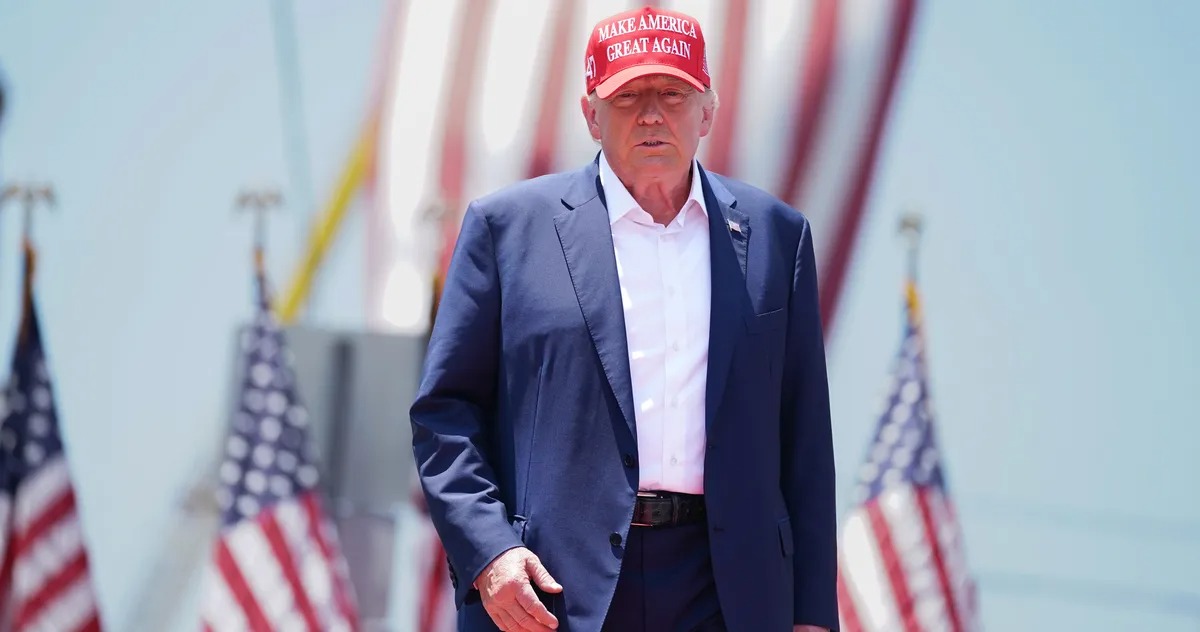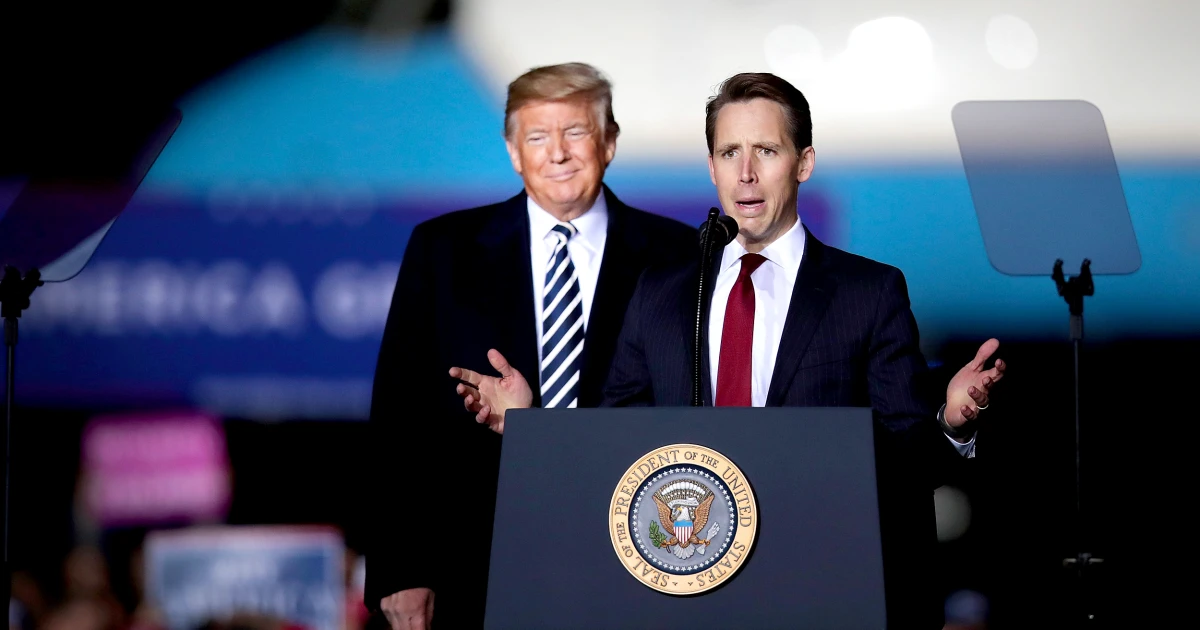In December, the political landscape in North Carolina’s congressional race took an intriguing turn when former President Donald Trump threw his weight behind health insurance lobbyist Addison McDowell, endorsing him over Republican Rep. Mark Walker, who aimed to reclaim his former seat.
Fast forward to the present, and the dynamics have shifted once again. Trump’s endorsement of McDowell has transformed into an unexpected hiring decision, with Walker joining the ranks of the Trump campaign.
Trump announced Truth Social, revealing that Walker would lead outreach efforts targeting “minority communities” for the campaign.

Donald Trump (Credits: Khaleej Times)
Trump highlighted Walker’s credentials, emphasizing his past initiatives such as establishing a “paid internship program on Capitol Hill” tailored explicitly for historically Black colleges and universities (HBCUs) during his tenure in the House.
Walker’s connections to evangelical mega-churches, stemming from his previous role as a pastor, further bolstered his appeal for this outreach role.
Despite these qualifications, Trump notably refrained from endorsing Walker for the primary and runoff in the North Carolina race.
This decision follows last Tuesday’s GOP primary, in which Walker and McDowell emerged as the top two contenders, setting the stage for a May runoff.
The question now arises: does Walker’s new role within the Trump campaign hint at a potential withdrawal from the congressional race? The answer remains uncertain as the intricacies of political maneuvering continue to unfold.
Walker’s pivot from congressional candidate to campaign strategist underscores the fluidity of political alliances and the strategic considerations at play.

Donald Trump (Credits: New York Magazine)
While his expertise in minority outreach and strong ties to evangelical communities position him as a valuable asset for the Trump campaign, his decision to enter this role raises questions about his future ambitions and the trajectory of the North Carolina race.
In North Carolina politics, where the stakes are high and competition fierce, every move is scrutinized and dissected for its potential implications.
With the May runoff looming on the horizon, all eyes will be on Walker and McDowell as they navigate the complexities of a fiercely contested campaign.
The decision to join the Trump campaign marks a pivotal moment in Walker’s political career, signaling a shift in focus from individual candidacy to broader strategic objectives.
Whether this move will ultimately lead to success for both Walker and the Trump campaign remains to be seen, but one thing is sure: the political landscape in North Carolina just got a whole lot more intriguing.























